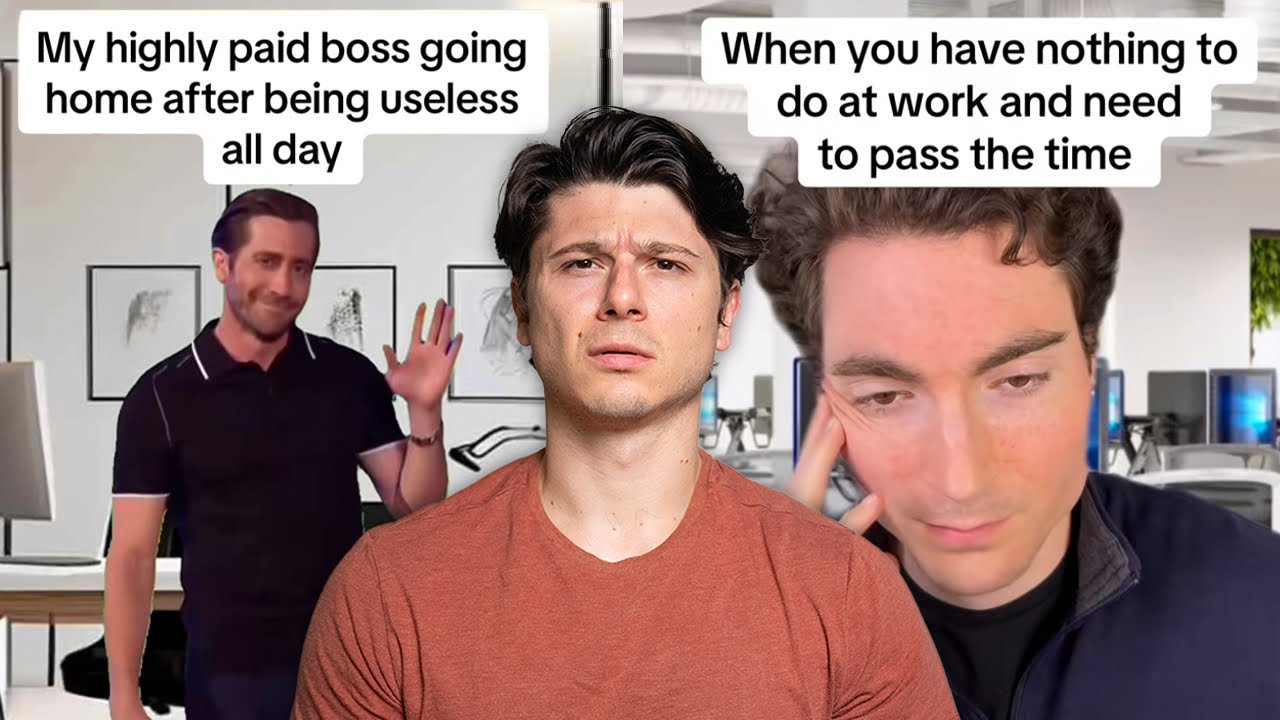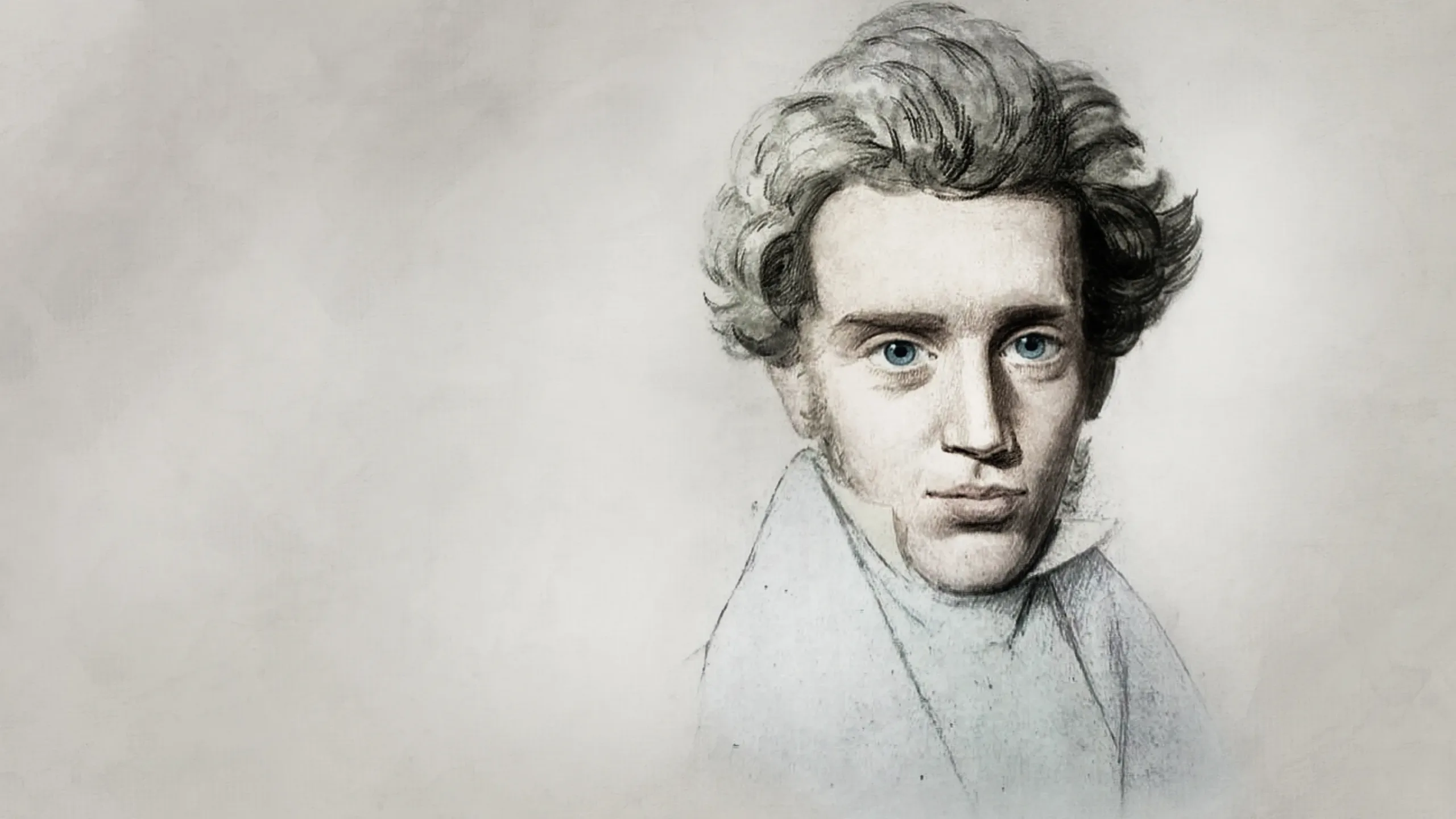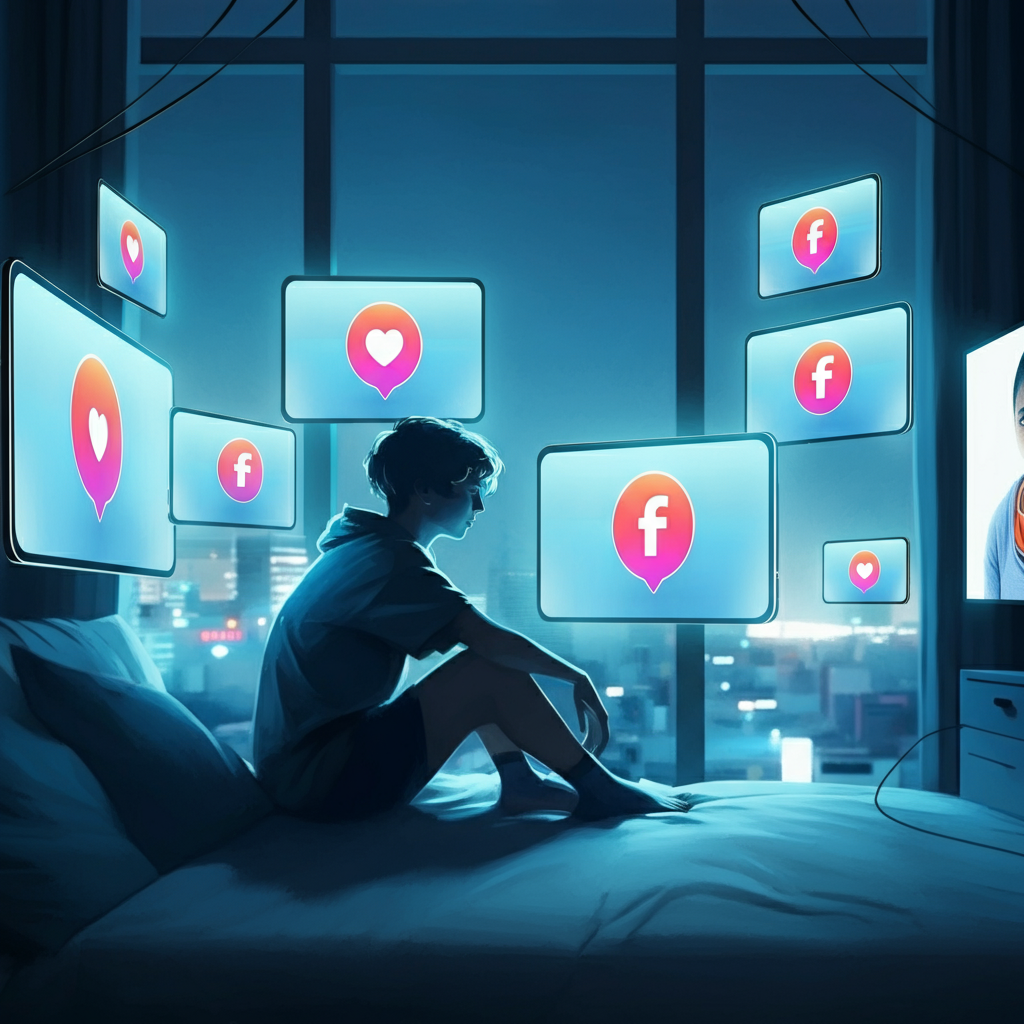
In 2008, you can remember that person standing in line for the newest iPhone. He talked loudly about his “side hustle” doing digital marketing. Nobody really knew what he did, except that he sent emails that went straight to spam.
He walked out with the phone in one hand and a leased SUV waiting outside. Acting like he had survived a hurricane when, in reality, he had just survived another month of debt.
The middle class in full costume. All of us pretending the economy hadn’t already died behind closed doors.
You Can’t Lose What Never Existed
People talk about the disappearing middle class like it’s some tragedy. But the truth is simpler. You can’t lose something that was never real to begin with.
The middle class wasn’t a natural step in human progress. It was a 30-year accident that happened because the rest of the world was too busy recovering from war to compete.
After World War II, the US was the last man standing. Half the world was in ruins. America had factories, oil, and an abundance of optimism.
For once in history, capitalism looked almost fair. The government handed out GI bills. Unions were strong. Wages went up. A single salary could buy a house, feed a family, and send kids to college.
Historian Tony Judt referred to this as the “golden age of capitalism.” Translation: enjoy it while it lasts.
The Clever Trap
Capitalism invented a smart trick. It created a middle class stable enough to believe they weren’t being exploited, but insecure enough never to stop working.
Call it economic Stockholm syndrome. You start defending the system that’s quietly choking you because it gives you just enough comfort to feel free.
Economist John Kenneth Galbraith warned about all this in his book “The Affluent Society.” He said prosperity was an illusion and Americans were drunk on consumption. However, when things are going well, nobody wants to read the warnings.
The middle class became more than an economic category. It became a moral one. It wasn’t about money. It was about who you were supposed to be. Responsible. Respectable. Hard-working. Basically, the human version of a 30-year mortgage.
But here’s the truth that stings. The middle class was never meant to be permanent. It was a waiting room between poverty and power that most people mistook for home.
The Party Ends: The 70s and 80s
When the 1970s hit, the party was over. Oil prices spiked. Wages flattened. Families realized the American dream came with an adjustable rate.
While the middle class was still dancing to disco, the wealthy had a meeting somewhere in a wood-paneled boardroom. They said: “We’ve been too generous. Time to take our money back.”
That’s not a conspiracy theory. That’s just capitalism waking up from its post-war nap and remembering who’s in charge.
Economist Milton Friedman famously stated that “the social responsibility of business is to increase its profits.” Sounds like something Satan would say if he went to the University of Chicago.
In 1971, corporate lawyer Lewis Powell wrote his now-famous Powell memo. Essentially, a PowerPoint presentation on how the rich could regain their power. The memo stated that corporations needed to take control of media, education, and politics to ensure the next generation didn’t adopt radical ideas about fairness, unions, or healthcare.
It worked.
By the 1980s, Ronald Reagan was smiling on TV while quietly dismantling the social contract. Unions got gutted. Wages froze. Taxes on the rich got slashed.
They referred to it as “trickle-down economics.” The polite way of saying you’ll get wet eventually.
Factories that built the middle class got shipped overseas. They were replaced with cubicles and motivational posters that said, “Teamwork makes the dream work.” Like a slogan could replace a pension.
The 90s: Leverage, Not Growth
The 1990s came, and the middle class didn’t grow. It just borrowed more.
The economy became a casino where everyone bet on keeping their job. Credit cards replaced raises. Home equity loans replaced savings. College debt replaced opportunity.
We didn’t get richer. We just got higher credit limits.
Economist Thomas Piketty proved this mathematically. While productivity and corporate profits increased, wages remained stagnant. All that wealth went straight to the top.
2008: When the Curtain Fell
By the early 2000s, the illusion was complete. McMansion suburbs popped up like mushrooms. People bought second SUVs to drive to their second jobs so their kids could go to second-tier colleges they couldn’t afford.
Sociologist Barbara Ehrenreich described it perfectly. The middle class had internalized the fear of poverty so deeply that they’d do anything to avoid looking poor. Even if that meant going broke trying to fake stability.
Being middle-class wasn’t about having money. It was about looking respectable. You could be drowning in debt, but as long as your lawn was nice and your Instagram had vacation photos, you were fine.
It wasn’t a lifestyle. It was a performance. And credit was the stage lighting.
Then 2008 happened. In one spectacular collapse, the curtain fell. People learned the hard way that the economy had been one giant Ponzi scheme with better packaging.
But when it all collapsed, it wasn’t the bankers who lost their homes. It was the baristas, the truck drivers, the retail workers. The people who still believed the brochure.
And the twisted part? We bailed out the banks that caused it all.
Lebanon and the Vanishing Middle Class
This isn’t just an American story.
In Lebanon, a period of relative stability followed the war. A government employee could buy an apartment. Jobs came with pensions. You could support a family on one salary. You had hope.
That period wasn’t permanent. It was an accident.
When the financial crisis hit in 2019, the Lebanese middle class collapsed faster than you could imagine. The lira crashed. Deposits got frozen. People who called themselves “stable middle class” became terrified within months.
And now? What’s left of the middle class works two or three jobs. Pays hidden fees and “unofficial” charges to get anything done. Says “I’m independent” while one bad month away from disaster.
The New Message: You’re On Your Own
When the crisis ended in America and people didn’t learn the lesson, the message became clear. “You’re on your own. But here’s an app to make it feel better.”
We entered the digital feudal age. Lords got replaced by tech CEOs. Castles got replaced by server farms. However, the power dynamic remained unchanged.
A small group owns everything. The rest of us rent the illusion.
We don’t own anymore. We rent. We rent homes, music, cars, movies, software, and even our social lives.
We’re not citizens. We’re subscribers.
In medieval times, you paid part of your harvest to your lord. Now you pay part of your paycheck to 47 different companies that all auto-renew monthly.
You’re not a serf. You’re a premium member.
Liberation Isn’t Revolution. It’s a Quiet Refusal.
But here’s the darkly funny part. The collapse might actually be liberation.
When you realize the dream was never yours to begin with, you can finally stop trying to save it.
That’s the quiet secret under all the noise.
When you stop pretending you’re a temporarily embarrassed millionaire (as John Steinbeck put it), you start seeing the absurdity of the game.
And absurdity, in its own way, is freedom.
At some point, you stop trying to fix the dream. You just start sweeping up the confetti.
The collapse we keep saying is coming? It’s already here. We just keep expecting it to look dramatic. Mushroom clouds. Burning cities. Bruce Willis in a tank top.
But real collapse is quiet. It’s the sound of your health insurance premium going up. Your landlord is raising rent “because of the market.”
It’s the creeping realization that adulthood is now a long-term survival game with better lighting.
But buried in all this absurdity, there’s a strange kind of freedom. Once you stop believing the system was built for you, you stop taking it personally when it fails.
You stop asking “what’s wrong with me?”
You start asking, “Who built this mess?”
You stop confusing exhaustion with ambition. You stop chasing a lifestyle that was sold to you like a cult recruitment ad with interest rates.
When you finally let go of that illusion, something weird happens. You feel lighter.
Because the truth is simple. The middle class was never about wealth. It was about belonging.
And maybe belonging was the illusion all along.
You don’t belong to an economy. You never did.
You belong to the people you love. The things you make. The moments that make you feel briefly alive outside the concrete.
When you realize that, life becomes less of a race and more of a scavenger hunt.
You start noticing small things. A quiet morning. A cheap beer. A friend who still picks up the phone even when you have nothing interesting to say.
It’s not glamorous. It won’t trend. But it’s real.
And maybe that’s the only kind of wealth left that can’t be repossessed.
The Final Truth
Mark Fisher wrote: “It’s easier to imagine the end of the world than the end of capitalism.”
Because the system doesn’t just own the money, it owns the imagination.
We’re no longer fighting the system. We’re just trying to get better Wi-Fi inside it.
But here’s what makes me laugh and cry at the same time. The collapse might actually be freedom.
Because once you realize the dream was never yours, you can finally stop trying to keep it alive.
And I think that’s the quiet secret.
According to Chris Hedges:
“Hope is not about the right outcome. It’s about the right to keep fighting.”
I think he meant this. Hope doesn’t have to be pretty. It doesn’t come with benefits or dental. Hope can just be the decision to stay human in a system trying to turn you into a machine.
Maybe liberation isn’t revolution. It’s more like a quiet refusal. Refusing to measure your worth by productivity. Refusing to turn your exhaustion into some empty brand.
Just saying no to the same illusion in a new color.
Perhaps liberation is about learning to live as if the empire has already fallen. Because from a certain angle, it did.
And here we are. Still laughing. Still eating. Still finding meaning in the ruins.
And I think that’s the beautiful thing about collapse. It’s never total. There’s always something left. Usually something small and stubborn and honestly beautiful.
Even if you have to dig a little to find it.
Like grass growing through cracks in concrete, or people still singing at funerals.
Or how, after everything, we’re still here. Still talking. Still thinking. Still making jokes about the apocalypse.
Because humor is the last luxury the system can’t privatize.
The Bottom Line
The middle class isn’t coming back.
But I think that’s okay. Because the truth is, we don’t need an illusion of stability to be alive.
We just need enough clarity to laugh at the absurdity of it all. And enough decency to keep each other warm while the world cools down.
Because if the middle class was a mirage, maybe what comes after isn’t a desert.
Maybe it’s a clearing.

In 2008, you can remember that person standing in line for the newest iPhone. He talked loudly about his “side hustle” doing digital marketing. Nobody really knew what he did, except that he sent emails that went straight to spam.
He walked out with the phone in one hand and a leased SUV waiting outside. Acting like he had survived a hurricane when, in reality, he had just survived another month of debt.
The middle class in full costume. All of us pretending the economy hadn’t already died behind closed doors.
You Can’t Lose What Never Existed
People talk about the disappearing middle class like it’s some tragedy. But the truth is simpler. You can’t lose something that was never real to begin with.
The middle class wasn’t a natural step in human progress. It was a 30-year accident that happened because the rest of the world was too busy recovering from war to compete.
After World War II, the US was the last man standing. Half the world was in ruins. America had factories, oil, and an abundance of optimism.
For once in history, capitalism looked almost fair. The government handed out GI bills. Unions were strong. Wages went up. A single salary could buy a house, feed a family, and send kids to college.
Historian Tony Judt referred to this as the “golden age of capitalism.” Translation: enjoy it while it lasts.
The Clever Trap
Capitalism invented a smart trick. It created a middle class stable enough to believe they weren’t being exploited, but insecure enough never to stop working.
Call it economic Stockholm syndrome. You start defending the system that’s quietly choking you because it gives you just enough comfort to feel free.
Economist John Kenneth Galbraith warned about all this in his book “The Affluent Society.” He said prosperity was an illusion and Americans were drunk on consumption. However, when things are going well, nobody wants to read the warnings.
The middle class became more than an economic category. It became a moral one. It wasn’t about money. It was about who you were supposed to be. Responsible. Respectable. Hard-working. Basically, the human version of a 30-year mortgage.
But here’s the truth that stings. The middle class was never meant to be permanent. It was a waiting room between poverty and power that most people mistook for home.
The Party Ends: The 70s and 80s
When the 1970s hit, the party was over. Oil prices spiked. Wages flattened. Families realized the American dream came with an adjustable rate.
While the middle class was still dancing to disco, the wealthy had a meeting somewhere in a wood-paneled boardroom. They said: “We’ve been too generous. Time to take our money back.”
That’s not a conspiracy theory. That’s just capitalism waking up from its post-war nap and remembering who’s in charge.
Economist Milton Friedman famously stated that “the social responsibility of business is to increase its profits.” Sounds like something Satan would say if he went to the University of Chicago.
In 1971, corporate lawyer Lewis Powell wrote his now-famous Powell memo. Essentially, a PowerPoint presentation on how the rich could regain their power. The memo stated that corporations needed to take control of media, education, and politics to ensure the next generation didn’t adopt radical ideas about fairness, unions, or healthcare.
It worked.
By the 1980s, Ronald Reagan was smiling on TV while quietly dismantling the social contract. Unions got gutted. Wages froze. Taxes on the rich got slashed.
They referred to it as “trickle-down economics.” The polite way of saying you’ll get wet eventually.
Factories that built the middle class got shipped overseas. They were replaced with cubicles and motivational posters that said, “Teamwork makes the dream work.” Like a slogan could replace a pension.
The 90s: Leverage, Not Growth
The 1990s came, and the middle class didn’t grow. It just borrowed more.
The economy became a casino where everyone bet on keeping their job. Credit cards replaced raises. Home equity loans replaced savings. College debt replaced opportunity.
We didn’t get richer. We just got higher credit limits.
Economist Thomas Piketty proved this mathematically. While productivity and corporate profits increased, wages remained stagnant. All that wealth went straight to the top.
2008: When the Curtain Fell
By the early 2000s, the illusion was complete. McMansion suburbs popped up like mushrooms. People bought second SUVs to drive to their second jobs so their kids could go to second-tier colleges they couldn’t afford.
Sociologist Barbara Ehrenreich described it perfectly. The middle class had internalized the fear of poverty so deeply that they’d do anything to avoid looking poor. Even if that meant going broke trying to fake stability.
Being middle-class wasn’t about having money. It was about looking respectable. You could be drowning in debt, but as long as your lawn was nice and your Instagram had vacation photos, you were fine.
It wasn’t a lifestyle. It was a performance. And credit was the stage lighting.
Then 2008 happened. In one spectacular collapse, the curtain fell. People learned the hard way that the economy had been one giant Ponzi scheme with better packaging.
But when it all collapsed, it wasn’t the bankers who lost their homes. It was the baristas, the truck drivers, the retail workers. The people who still believed the brochure.
And the twisted part? We bailed out the banks that caused it all.
Lebanon and the Vanishing Middle Class
This isn’t just an American story.
In Lebanon, a period of relative stability followed the war. A government employee could buy an apartment. Jobs came with pensions. You could support a family on one salary. You had hope.
That period wasn’t permanent. It was an accident.
When the financial crisis hit in 2019, the Lebanese middle class collapsed faster than you could imagine. The lira crashed. Deposits got frozen. People who called themselves “stable middle class” became terrified within months.
And now? What’s left of the middle class works two or three jobs. Pays hidden fees and “unofficial” charges to get anything done. Says “I’m independent” while one bad month away from disaster.
The New Message: You’re On Your Own
When the crisis ended in America and people didn’t learn the lesson, the message became clear. “You’re on your own. But here’s an app to make it feel better.”
We entered the digital feudal age. Lords got replaced by tech CEOs. Castles got replaced by server farms. However, the power dynamic remained unchanged.
A small group owns everything. The rest of us rent the illusion.
We don’t own anymore. We rent. We rent homes, music, cars, movies, software, and even our social lives.
We’re not citizens. We’re subscribers.
In medieval times, you paid part of your harvest to your lord. Now you pay part of your paycheck to 47 different companies that all auto-renew monthly.
You’re not a serf. You’re a premium member.
Liberation Isn’t Revolution. It’s a Quiet Refusal.
But here’s the darkly funny part. The collapse might actually be liberation.
When you realize the dream was never yours to begin with, you can finally stop trying to save it.
That’s the quiet secret under all the noise.
When you stop pretending you’re a temporarily embarrassed millionaire (as John Steinbeck put it), you start seeing the absurdity of the game.
And absurdity, in its own way, is freedom.
At some point, you stop trying to fix the dream. You just start sweeping up the confetti.
The collapse we keep saying is coming? It’s already here. We just keep expecting it to look dramatic. Mushroom clouds. Burning cities. Bruce Willis in a tank top.
But real collapse is quiet. It’s the sound of your health insurance premium going up. Your landlord is raising rent “because of the market.”
It’s the creeping realization that adulthood is now a long-term survival game with better lighting.
But buried in all this absurdity, there’s a strange kind of freedom. Once you stop believing the system was built for you, you stop taking it personally when it fails.
You stop asking “what’s wrong with me?”
You start asking, “Who built this mess?”
You stop confusing exhaustion with ambition. You stop chasing a lifestyle that was sold to you like a cult recruitment ad with interest rates.
When you finally let go of that illusion, something weird happens. You feel lighter.
Because the truth is simple. The middle class was never about wealth. It was about belonging.
And maybe belonging was the illusion all along.
You don’t belong to an economy. You never did.
You belong to the people you love. The things you make. The moments that make you feel briefly alive outside the concrete.
When you realize that, life becomes less of a race and more of a scavenger hunt.
You start noticing small things. A quiet morning. A cheap beer. A friend who still picks up the phone even when you have nothing interesting to say.
It’s not glamorous. It won’t trend. But it’s real.
And maybe that’s the only kind of wealth left that can’t be repossessed.
The Final Truth
Mark Fisher wrote: “It’s easier to imagine the end of the world than the end of capitalism.”
Because the system doesn’t just own the money, it owns the imagination.
We’re no longer fighting the system. We’re just trying to get better Wi-Fi inside it.
But here’s what makes me laugh and cry at the same time. The collapse might actually be freedom.
Because once you realize the dream was never yours, you can finally stop trying to keep it alive.
And I think that’s the quiet secret.
According to Chris Hedges:
“Hope is not about the right outcome. It’s about the right to keep fighting.”
I think he meant this. Hope doesn’t have to be pretty. It doesn’t come with benefits or dental. Hope can just be the decision to stay human in a system trying to turn you into a machine.
Maybe liberation isn’t revolution. It’s more like a quiet refusal. Refusing to measure your worth by productivity. Refusing to turn your exhaustion into some empty brand.
Just saying no to the same illusion in a new color.
Perhaps liberation is about learning to live as if the empire has already fallen. Because from a certain angle, it did.
And here we are. Still laughing. Still eating. Still finding meaning in the ruins.
And I think that’s the beautiful thing about collapse. It’s never total. There’s always something left. Usually something small and stubborn and honestly beautiful.
Even if you have to dig a little to find it.
Like grass growing through cracks in concrete, or people still singing at funerals.
Or how, after everything, we’re still here. Still talking. Still thinking. Still making jokes about the apocalypse.
Because humor is the last luxury the system can’t privatize.
The Bottom Line
The middle class isn’t coming back.
But I think that’s okay. Because the truth is, we don’t need an illusion of stability to be alive.
We just need enough clarity to laugh at the absurdity of it all. And enough decency to keep each other warm while the world cools down.
Because if the middle class was a mirage, maybe what comes after isn’t a desert.
Maybe it’s a clearing.
Leave A Comment
Table of content
- You Can’t Lose What Never Existed
- The Clever Trap
- The Party Ends: The 70s and 80s
- The 90s: Leverage, Not Growth
- 2008: When the Curtain Fell
- Lebanon and the Vanishing Middle Class
- The New Message: You’re On Your Own
- Liberation Isn’t Revolution. It’s a Quiet Refusal.
- The Final Truth
- According to Chris Hedges:
- The Bottom Line




